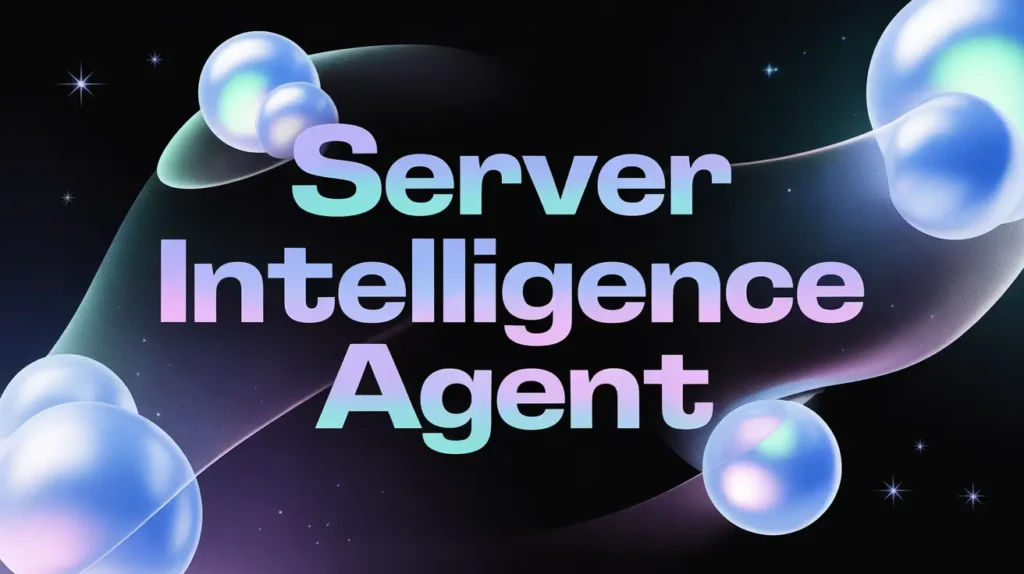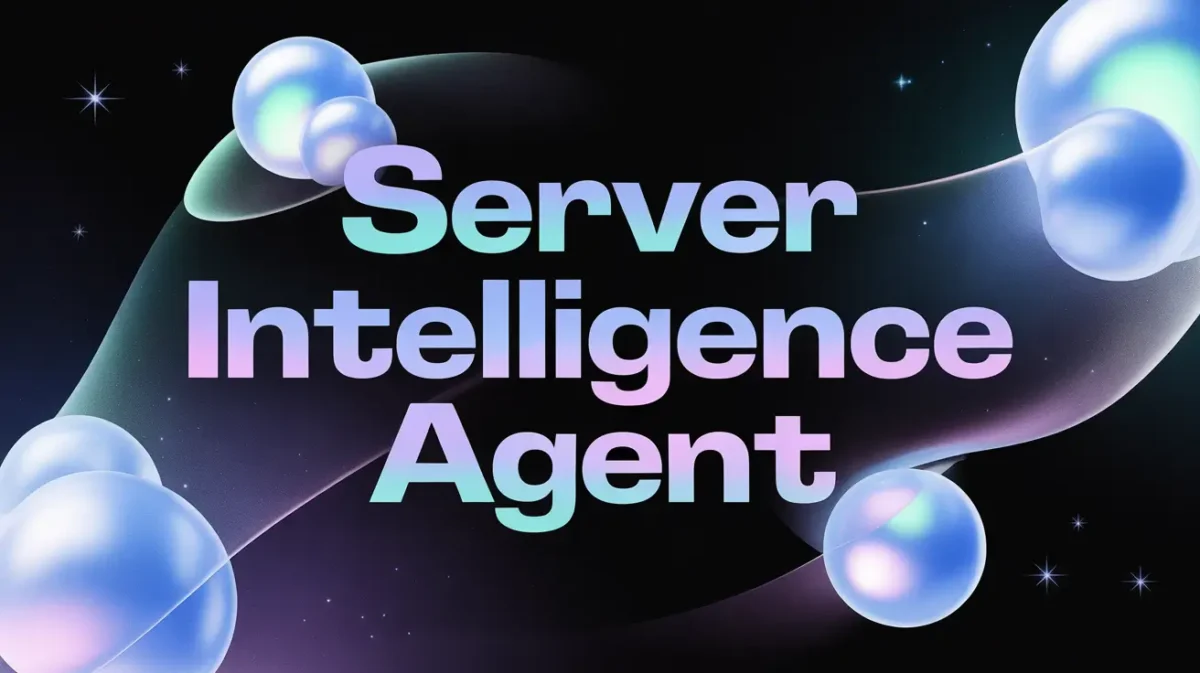In today’s fast-paced digital world, businesses cannot afford to ignore the importance of proactive IT monitoring and robust cybersecurity measures. A server intelligence agent has become a cornerstone of modern IT infrastructure, helping organizations maintain operational efficiency, reduce downtime, and safeguard sensitive data. Whether you manage a small business or oversee IT operations for a large enterprise, understanding the capabilities of such a system is critical.

Content
What is a Server Intelligence Agent?
A server intelligence agent is a specialized software component designed to monitor, manage, and optimize server performance while providing real-time insights into security and operational issues. Unlike traditional server monitoring software, which mainly tracks metrics like CPU usage and memory load, it integrates IT security automation, threat detection systems, and network intelligence solutions to proactively prevent potential threats before they escalate.
Think of it as having a vigilant digital guardian that continuously scans your IT environment, ensuring everything runs smoothly while detecting anomalies that could indicate a security breach.
Key Features and Capabilities
1. Real-Time Server Analytics
With real-time server analytics, organizations can track performance metrics, system health, and network activity instantly. This proactive monitoring enables IT teams to detect bottlenecks, predict failures, and optimize workloads without waiting for system alerts.
2. Automated Threat Detection
Integrating threat detection systems, server intelligence agents provide automated IT security responses, such as isolating suspicious processes or notifying administrators immediately when anomalies are detected. This reduces the window of vulnerability and strengthens the cybersecurity posture of an organization.
3. Seamless Integration with IT Infrastructure
Modern SIAs are compatible with existing IT frameworks, including cloud environments, hybrid systems, and on-premise servers. Network intelligence solutions embedded in SIAs ensure smooth communication between components, improving operational efficiency while minimizing manual intervention.
4. Proactive Alerts and Reporting
With comprehensive dashboards and alerts, these systems keep IT teams informed about server health, performance anomalies, and potential security threats. Reports can be customized to suit management requirements, making it easier to plan resources and prevent downtime.
Benefits of Using a Server Intelligence Agent

Investing in this technology brings multiple advantages:
- Enhanced Cybersecurity: Continuous monitoring and automated threat detection reduce the risk of breaches.
- Improved Operational Efficiency: Real-time insights allow IT teams to address issues before they impact business operations.
- Cost Savings: Minimizing downtime and preventing attacks lowers potential financial losses.
- Scalability: The system adapts to growing infrastructures, supporting both small businesses and large enterprises.
In essence, these benefits extend beyond protection—they improve IT operations efficiency and support business continuity.
Real-Life Case Study: How IT Operations Were Transformed
Company: FinTech Solutions, a mid-sized financial technology firm
Challenge: The company faced frequent server slowdowns during peak transaction periods, along with a growing risk of cyber threats due to sensitive customer financial data.
Solution: FinTech Solutions implemented a server intelligence agent integrated with automated threat detection and real-time server analytics. The system continuously monitored server load, flagged unusual patterns, and automated incident reporting to IT administrators.
Results:
- 40% reduction in server downtime
- 50% faster incident resolution time
- Immediate detection and isolation of potential security breaches
- Improved confidence among clients regarding data protection
This case demonstrates how a well-configured SIA not only strengthens security but also enhances overall IT operations efficiency.
Best Practices for Implementation
- Choose the Right Tool: Evaluate top server intelligence tools for enterprise security to match your infrastructure needs.
- Integrate with Existing Systems: Ensure compatibility with your current servers, cloud services, and security tools.
- Regularly Monitor Alerts: Respond promptly to anomalies detected by the agent to maintain optimal performance.
- Maintain Clear Documentation: Track changes, incidents, and responses to refine security protocols.
- Train IT Staff: Familiarize your team with the agent’s features for efficient use.
By following these practices, organizations can implement server intelligence agents for network protection effectively, maximizing ROI while maintaining security and efficiency.
Future Trends in Server Intelligence

The role of server intelligence agents is evolving rapidly:
- AI and Machine Learning Integration: Predictive analytics and anomaly detection will become more sophisticated.
- Cloud and Hybrid Environment Support: SIAs will increasingly manage multi-cloud infrastructures.
- Advanced Threat Hunting: Agents will proactively detect and mitigate complex cyber threats before they occur.
Staying updated with these trends ensures your organization remains resilient in the face of ever-evolving cyber risks.
Conclusion
A server intelligence agent is no longer a luxury—it’s a strategic necessity for organizations aiming to safeguard their IT environment while boosting operational efficiency. From real-time server analytics to automated security measures that detect cyberthreats before they escalate, these systems provide comprehensive monitoring and protection. By following best practices, integrating the right tools, and keeping abreast of technological advancements, businesses can enjoy enhanced security, reduced downtime, and improved operational productivity.
If your organization hasn’t yet adopted such solutions, now is the time to explore options that align with your IT strategy. Implementing this technology is an investment in both security and efficiency—a combination that pays dividends for years to come.
FAQ’s:
What is SIA in SAP?
SIA in SAP refers to the Server Intelligence Agent, managing server processes and monitoring system health in SAP environments.
What is the job of an intelligence agent?
An intelligence agent monitors servers, detects threats, and ensures smooth IT operations efficiency.
What is an intelligence server?
An intelligence server hosts services and connects multiple server intelligence agents for centralized monitoring and management.

Travis Gibson is an avid blogger on technology, gadgets, and other topics that interest him. He likes to write about his personal experiences with the latest tech products as well as offer advice for people who are looking to buy a new device. When he is not blogging you can find him at home playing video games or watching anime.






